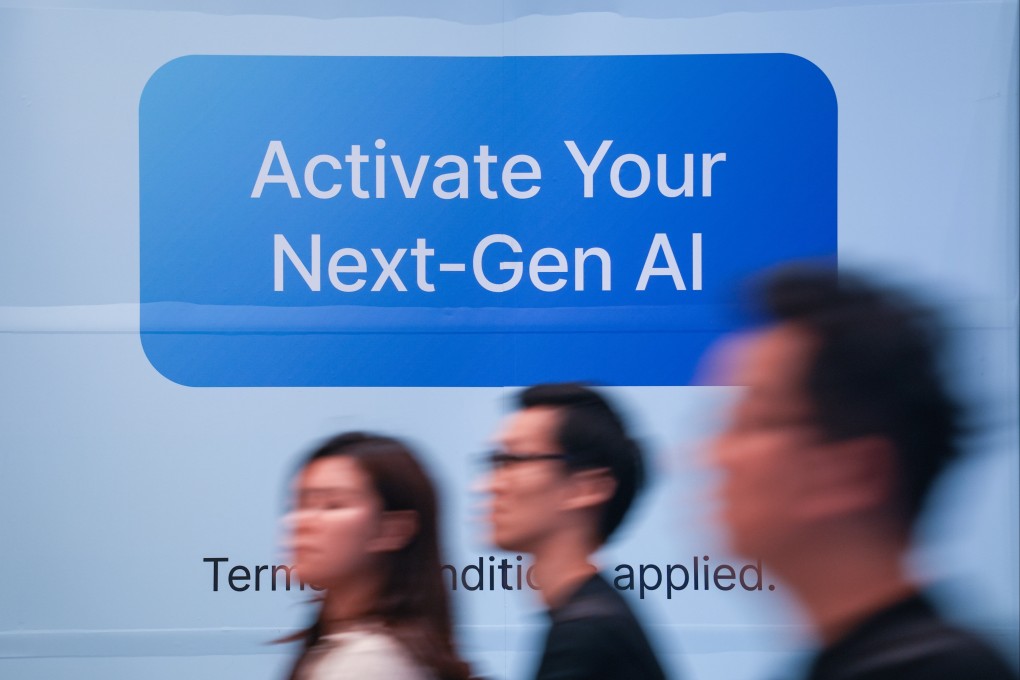Letters | Schools need more time to decide on AI’s future in academia
Readers discuss the dilemma students face on the use of AI, how teaching must adapt to combat misuse, and Hong Kong’s water source

Universities have the right to prohibit AI in science-related courses or any courses involving theoretical knowledge. Having studied linguistics, I have experienced the problems of using AI first-hand.
AI does not appear well-suited to help students write about language acquisition theory or speech mechanisms in phonetics. These theories involve concepts and specialised terminology which must be explained in-depth. I’ve found that popular chatbots are unable to include direct quotes from research papers to support arguments, while often quoting from non-academic sources or even fabricating quotes.
Regardless, many university students may learn foreign languages more efficiently with the help of AI. I’ve heard French teachers speak of the shock students experience when learning a new language – the initial loss of ability to articulate their ideas.
Acquiring a language often relies on students’ knowledge of their native or second languages. While exposure to texts in a foreign language is vital, looking up a multitude of unfamiliar words in a dictionary can be tedious. Chatbots can help students by providing what seems like authentic French-English translation, for example. Synonyms can also be found in seconds with the help of AI.